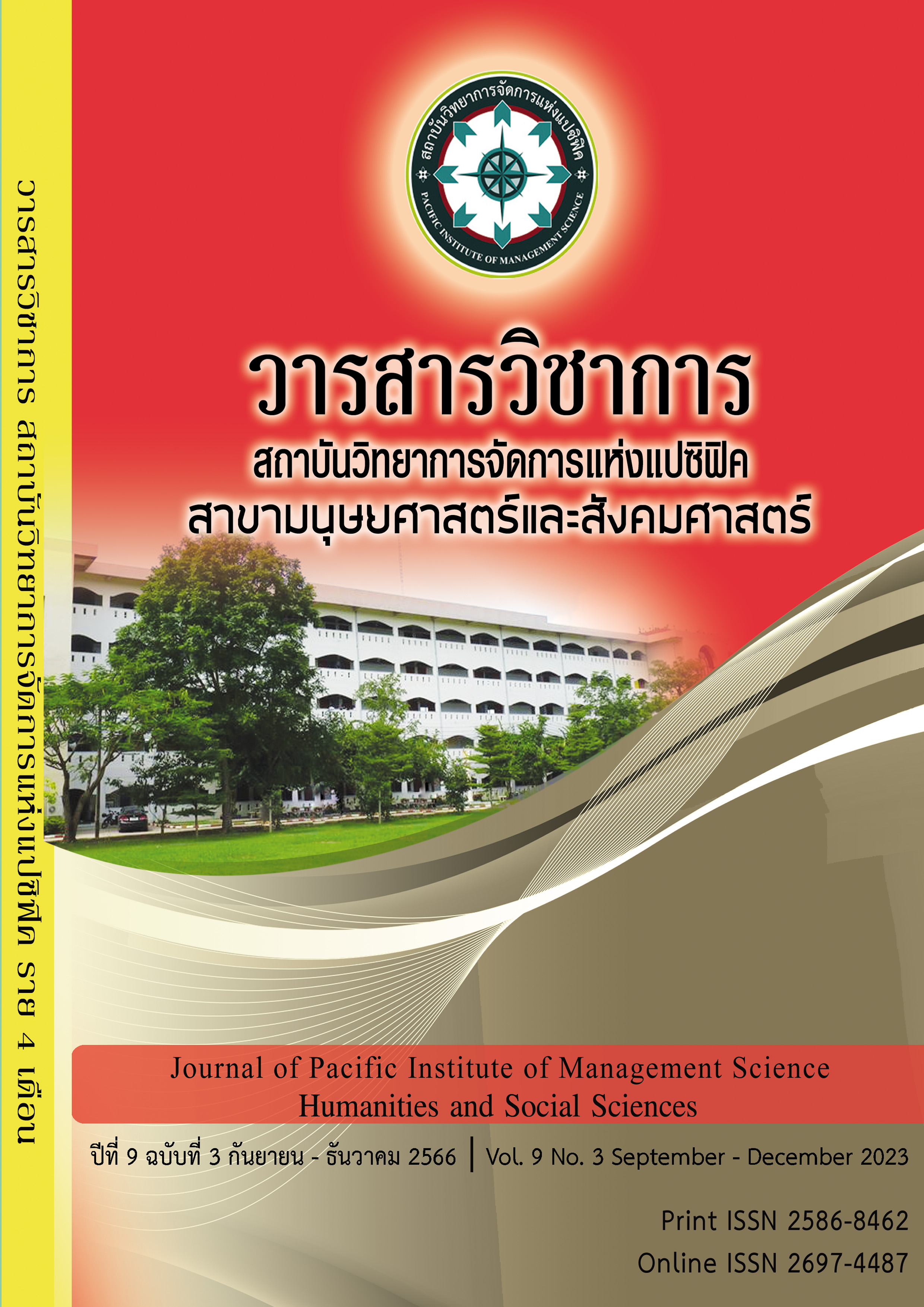Tourist Satisfaction in Virtual Reality Immersive Experiences: Implications for the Tourism Industry
Keywords:
virtual immersion, tourism industry, tourist satisfaction, innovation impactAbstract
This study investigates the impact of virtual reality (VR) on tourist perceptions and travel decisions through thematic analysis of interviews. It uncovers that VR enhances destination engagement by immersing users in virtual destinations, fostering emotional connections, and aiding in travel planning. Content quality and accessibility challenges are identified, with variations in VR content quality and accessibility barriers, primarily related to cost and high PC requirements. The study suggests practical implications for the tourism industry, potential mediation models linking VR to satisfaction, and implications for government policies and investments in VR technology. It also identifies future research avenues in VR tourism and highlights the potential for businesses to gain a competitive advantage by tailoring VR offerings. Ultimately, the study contributes to both theoretical knowledge and practical applications within the tourism industry, offering insights into enhancing tourist satisfaction and enriching travel experiences.
References
Babolian, H. R. (2016). Effect of food experience on tourist satisfaction: The case of Indonesia. International Journal of Culture, Tourism and Hospitality Research, 10(3), 272–282.
Banfi, F., Brumana, R., & Stanga, C. (2019). A content-based immersive experience of basilica of sant’ambrogio in Milan: From 3d survey to virtual reality. International Archives of the Photogrammetry, Remote Sensing and Spatial Information Sciences, 42(2), 159–166.
Choi, J., & Lehto, X. Y. (2020). Understanding destination choices in virtual reality tourism: An extended theory of planned behavior model. Journal of Travel Research, 59(5), 883-898.
Deggim, S., Kersten, T., Tschirschwitz, F., & Hinrichsen, N. (2017). Segeberg 1600- reconstructing a historic town for virtual reality visualization as an immersive experience. 5th International Workshop LowCost 3D–Sensors, Algorithms, Applications, 28–29 November 2017, Hamburg, Germany, 87–94.
Eid, R., & El-Gohary, H. (2015). The role of Islamic religiosity on the relationship between perceived value and tourist satisfaction. Tourism Management, 46, 477–488.
Fabi, A., Fotia, L., Giuseppini, F., Gaeta, A., Falcicchio, C., Giuliani, G., Savarese, A., Taraborelli, E., Rossi, V., & Malaguti, P. (2022). The immersive experience of virtual reality during chemotherapy in patients with early breast and ovarian cancers: The patient is dream study. Frontiers in Oncology, 12, 960387.
Hudson, S., Matson-Barkat, S., Pallamin, N., & Jegou, G. (2019). With or without you? Interaction and immersion in a virtual reality experience. Journal of Business Research, 100, 459–468.
Huang, S., Hsu, C. H. C., & Chan, A. (2010). Tour guide performance and tourist satisfaction: A study of the package tours in Shanghai. Journal of Hospitality & Tourism Research, 34(1), 3–33.
Morie, J. F. (2006b). Virtual reality, immersion, and the unforgettable experience. Stereoscopic Displays and Virtual reality Systems XIII, 6055, 621–630.
Parisi A., Zeithaml, V. A., & Berry, L. L. (2015). Servqual: A multiple-item scale for measuring consumer perceptions of service quality. Journal of Retailing, 64(1), 12-40.
Rimmington, M., & Yüksel, A. (1998). Tourist satisfaction and food service experience: Results and implications of an empirical investigation. Anatolia, 9(1), 37–57.
Saayman, M., Li, G., Uysal, M., & Song, H. (2018). Tourist satisfaction and subjective well-being: An index approach. International Journal of Tourism Research, 20(3), 388–399.
Sukiman, M. F., Omar, S. I., Muhibudin, M., Yussof, I., & Mohamed, B. (2013). Tourist satisfaction as the key to destination survival in Pahang. Procedia-Social and Behavioral Sciences, 91, 78–87.
Suhartanto, D. (2018). Tourist satisfaction with souvenir shopping: Eevidence from Indonesian domestic tourists. Current Issues in Tourism, 21(6), 663–679.
Wojciechowski, D., & Chen, R. (2021). Effects of virtual reality experiences on destination image formation and travel intentions: A perspective of information adoption model. Journal of Travel Research, 00472875211013035.
Zhang, H., Li, X., Li, X., & Wang, D. (2020). The impact of virtual reality on tourists’ behavior: An application of a modified theory of planned behavior model. Journal of Travel Research, 0047287519894259.
Downloads
Published
Issue
Section
License
Copyright (c) 2023 Pacific Institute of Management Science

This work is licensed under a Creative Commons Attribution-NonCommercial-NoDerivatives 4.0 International License.
บทความที่ได้รับการตีพิมพ์เป็นลิขสิทธิ์ของ สถาบันวิทยาการจัดการแห่งแปซิฟิค
ข้อความที่ปรากฏในบทความแต่ละเรื่องในวารสารวิชาการเล่มนี้เป็นความคิดเห็นส่วนตัวของผู้เขียนแต่ละท่านไม่เกี่ยวข้องกับสถาบันวิทยาการจัดการแห่งแปซิฟิค และคณาจารย์ท่านอื่นๆในสถาบันฯ แต่อย่างใด ความรับผิดชอบองค์ประกอบทั้งหมดของบทความแต่ละเรื่องเป็นของผู้เขียนแต่ละท่าน หากมีความผิดพลาดใดๆ ผู้เขียนแต่ละท่านจะรับผิดชอบบทความของตนเองแต่ผู้เดียว







